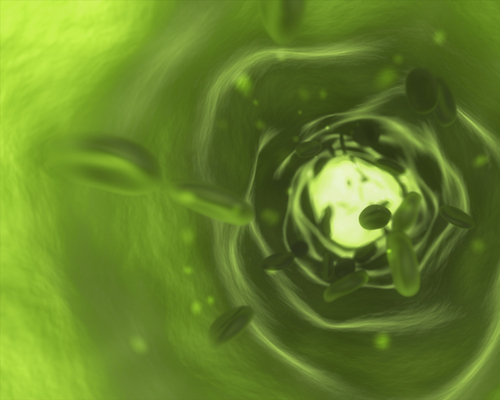 In a new study entitled, “A Potential Protein Adjuvant Derived from Mycobacterium tuberculosis Rv0652 Enhances Dendritic Cells-Based Tumor Immunotherapy” and published in the PLOSOne journal, a group of researchers from Konkuk University, South Korea found that the Rv0652 protein is recognized by the toll-like receptor 4 (TLR4) inducing dendritic cell (DC) maturation and becoming a possible adjuvant for enhancing the therapeutic response to DC-based tumor immunotherapies.
In a new study entitled, “A Potential Protein Adjuvant Derived from Mycobacterium tuberculosis Rv0652 Enhances Dendritic Cells-Based Tumor Immunotherapy” and published in the PLOSOne journal, a group of researchers from Konkuk University, South Korea found that the Rv0652 protein is recognized by the toll-like receptor 4 (TLR4) inducing dendritic cell (DC) maturation and becoming a possible adjuvant for enhancing the therapeutic response to DC-based tumor immunotherapies.
DCs are the most important regulators of T cell-mediated immune responses, acting as potent antigen presenting cells (APCs). This capacity makes them potent adjuvants for the induction of tumor-specific helper and cytotoxic T cells in tumor-bearing hosts.
Vaccinations to activate cytotoxic T cell responses have relied on DC immunization loaded with tumor-associated antigens. However, several clinical trials have already demonstrated that vaccine therapies using DCs activated with tumor antigens alone are not enough to generate an effective antitumor immune response.
The use of Toll-like receptor (TLR)-mediated DC activation can be an effective cancer treatment strategy, since TLR activation usually induces Th1 responses responsible for an effective anti-tumoral response. In fact, Immuno-Oncology News recently covered the development of motolimod (VentiRx Pharmaceuticals), a TLR8 agonist for the treatment of ovarian cancer.
Proteins expressed by Mycobacterium tuberculosis are known to interact with and activate APCs, specifically DCs, contributing to the development of vaccine adjuvants.
In this study, the team discovered that in mice, Rv0652, an M. tuberculosis protein, could enhance the expression of surface molecules, inducing the maturation of functional DCs through TLR4 signaling, and inducing a pro-inflammatory cytokine response in these cells.
Moreover, Rv0652-treated DCs were able to induce proliferation of CD4 and CD8 T cells, which in turn increased their anti-tumoral capacity and were able to improve thymoma (tumor of the thymus) outcomes in tumor-bearing mice.
Even though the immune system can recognize a variety of tumor antigens, tumors still have the capacity to counteract and evade immune responses, proving that the immune mechanism is insufficient for effectively clearing certain cancers.
In this study, the researchers showed that using M. tuberculosis Rv0652 as a DC adjuvant could strengthen anti tumor immunity, a finding that can have positive implications in the development of future cancer immunotherapeutic vaccines.


